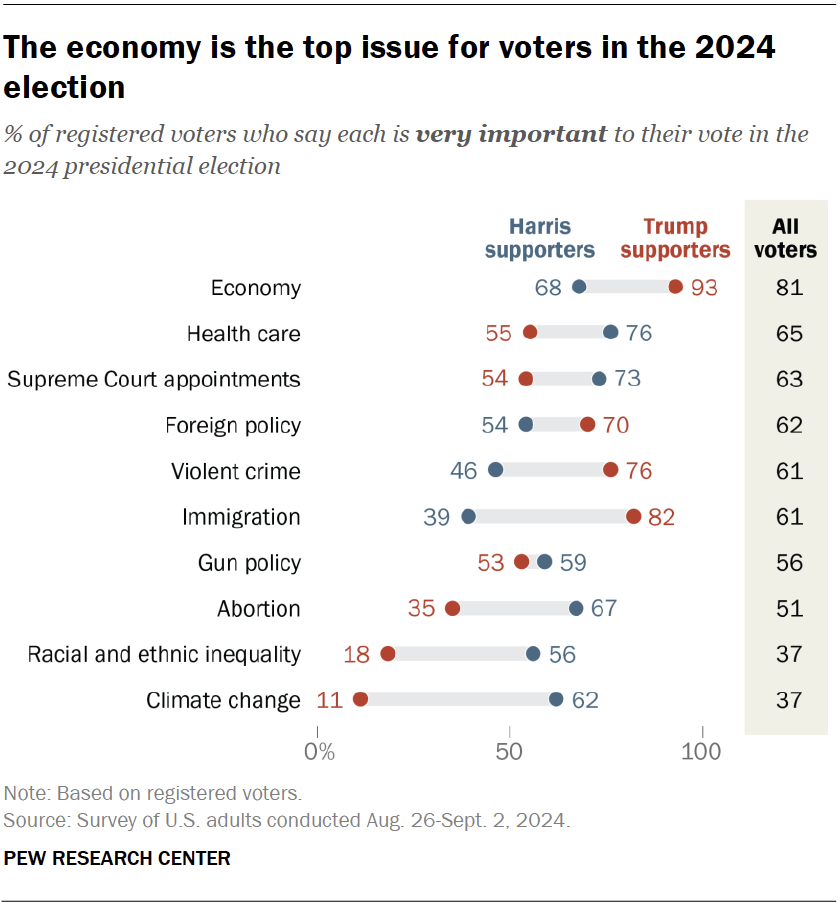Voter Concerns Over Violent Crime Shift Toward Republicans in New Poll

By Newsmax Wires | Friday, 31 October 2025 11:04 AM EDT
A Rasmussen Reports survey reveals that nearly eight in 10 voters express concern about violent crime in the U.S., with 48% trusting Republicans to address the issue—a nine-point advantage over Democrats. The poll of 1,139 likely voters, conducted Oct. 20-22, found 77% of respondents are at least somewhat worried about violence, including 44% who are “very concerned.” Just 21% said they are not worried, marking a slight decline from 85% in 2021.
The data highlights stark partisan divides in trust: 48% of voters back Republicans on crime and law enforcement, compared to 39% for Democrats and 14% undecided. The GOP’s lead peaked at 18 points in May 2024 but has since narrowed. Among those most concerned about violent crime, 62% favor Republican leadership, underscoring the party’s strength with voters prioritizing the issue.
Political groupings show consistent concern: 73% of Democrats and 79% of Republicans and independents express at least some worry. However, trust in parties diverges sharply. Eighty-three percent of Republicans back their own party on crime, versus 72% of Democrats. Among independents, 47% trust Republicans, 29% favor Democrats, and 23% remain unsure.
Demographic trends reveal further contrasts: men (53%) are more likely than women (43%) to trust the GOP on crime, while voters in their 30s show the highest concern and support for Republicans. Racial breakdowns indicate 49% of white voters, 50% of Hispanics, and 67% of other minorities favor Republicans, compared to 29% of Black voters. Income levels also play a role, with those earning under $50,000 most concerned about crime and those making over $200,000 more inclined to trust Democrats.
Ideological divides persist: 59% of conservatives describe themselves as very concerned about violent crime, versus 36% of moderates and 28% of liberals. Among Trump voters in 2024, 57% are very concerned, compared to 33% of Harris supporters. The survey carries a ±3 percentage point margin of error at a 95% confidence level.




